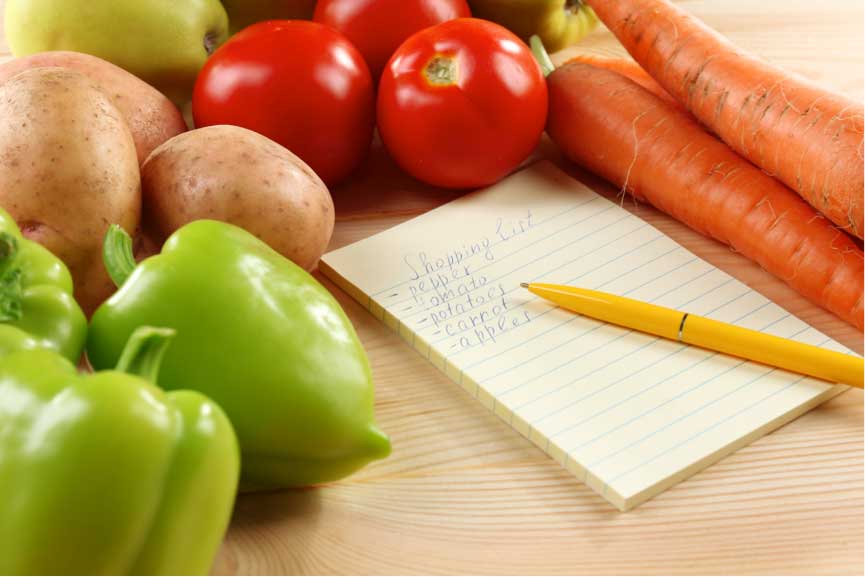Post-natal Nutrition – How to fuel your body for breast-feeding and increased energy
If you’re a mum, you will know all too well how difficult it can be in those first few months after baby arrives to find the time to do anything well. And that definitely includes eating.
Everything seems to be a rush; grabbing food on the go, grabbing baby essentials on the go, shopping in a sleep-deprived daze and probably returning home way too tired to think about cooking. A salty or high-fat, quick snack is appealing right now. You know it’s not the right thing to be eating, but by this point, you simply don’t have the energy to care.
Don’t worry, you’re not alone! We chatted to Tamara Madden, Nutritionist and Founder of ‘Mad On Nutrition’ who specialises in supporting not only serious athletes but also women like you, seeking to increase their energy levels and return to some regular exercise post baby. Tamara also supports parents looking to improve their children’s nutrition or create family eating plans. We asked Tamara a few of the questions we are often asked at Buggy Bootcamp…
Why is food so important during the post-natal period?
Food is of course important at any time of our life, says Tamara, however post baby, it’s the difference between having the energy to get through the day and care for your baby and actually living and enjoying time with your baby. Your body needs to replace nutrients that have been depleted during the pregnancy, in particular Iron and Omega 3 fatty acids. Building a strong immune system during this time is also a priority, as you need to care for the baby and will not have time to be sick!
Tamara explains that having a strong immune system is also vital if you are breastfeeding, as this immunity will in turn, form part of your baby’s immune system. Key nutrients for your immune system are vitamin D, Zinc, Vitamin C and ensuring you have a healthy gut bacteria as 70% of the immune system cells are made in the gut. This is quite a lengthy subject, but Tamara has explained it simply here HERE.

Are there any differences in the food which a breastfeeding or non-breastfeeding mum needs?
“Yes indeed,” says Tamara.
“Breastfeeding mums need to be sure they have an adequate nutritional intake of essential vitamins and minerals to supply their infant without compromising mum’s own reserves. Key nutrients to consider are Omega 3 fatty acids, Iodine, selenium, fat-soluble vitamins A, D, E, and K, along with the B group of vitamins – this includes foliate.”
Here Tamara gives some foods that are great for providing these nutrients:
Leafy greens such as spinach, kale, watercress, rocket and Asian greens,
Oily fish such as salmon, sardines, mackerel,
Nuts and seeds include walnuts, brazil nuts and pepitas,
Olive oil – use for cooking and salad dressing
Seaweed for iodine – there is a great range of different types that are easily incorporated into meals.
Eggs – the perfect protein – make up a frittata to leave in the fridge – great for breakfast, lunch, dinner or a snack. (http://www.madonnutrition.com.au/mini-frittatas-great-for-lunch-boxes/)
Legumes and beans – such as chickpeas, lentils, lima beans, kidney beans, or a four-bean mix – an easy option to add to a meal to boost protein and fibre. The tinned ones are fine is you don’t have time to prepared, ideally choose tins with BPA free lining.
Many breastfeeding mums also aren’t aware that additional water is an essential requirement. Most mums will need around 3-4 litres per day, so an increase to this if you are breastfeeding, is ideal.
Do we need more energy at this time and therefore need to actually eat more or just eat well?
“Eating well is the priority”, stresses Tamara.
“This should include good quality protein with every meal, lots of fresh veggies and fruit and a small amount of healthy fats. Breastfeeding mums will need to have extra calories in their diet to keep up with the demands of feeding. This needs to be adjusted as the baby grows and moves towards solids.”
What are your recommended top 3 foods for this time?
- ‘Above the ground’ vegetables that are nutrient dense. Roast up a big batch of Brussels sprouts, cauliflower, fennel, zucchini, eggplant, leeks and whatever else you fancy. You can prepare these at the same time as cooking dinner – then store in the fridge and enjoy for the next few days. For lunch just add some leafy greens and a source of protein.
- Eggs – these are my number one super food, the perfect protein. Versatile, affordable and delicious anyway you cook them! Choose fresh organic eggs when you can.
- Oily fish – sardines and salmon are great sources of healthy fats, (Omega 3) and good quality protein. Fresh is always best, but the tinned ones are fine especially if you are time poor. Don’t just think of fish as a dinner option – it’s perfect to add to a salad for lunch, or on top of some good quality sourdough for breakfast.
Mums are so busy; do you have any tips for mums on the run and the best food to grab on the go if we don’t have time to prep?
Smoothies are a great option when you are on the go. Choose a good quality protein powder add some fruit and milk of your choice (dairy, almond, or coconut), also add in some greens. A great idea is to lightly steam a couple of bunches of silverbeet, English spinach and/or kale – then process with a bit of water in your blender and then freeze in ice cube trays. Store in zip lock bags in the freezer and add a couple of cubes to a smoothie.
Eggs are an awesome quick snack – and good anytime of the day. Have a few hard-boiled eggs on hand in the fridge so they are easy to grab on the go. Hard-boiled eggs last for 5-7 days in the fridge.
Nuts and Seeds – it’s a great idea to carry around a little bag of nuts and seeds with you to eat on the run. My favourites are Brazil nuts, walnuts and pepitas. Choose raw nuts (not roasted and salted), you could soak and roast them yourself in the oven, it’s super easy – this is my Activated Nuts recipe!
Yoghurt – is a great snack packed with healthy fats and protein. Choose full-fat natural yoghurt with no added sugar. Check the label – the sugar per 100gms should be no more than 4.8 gms – this is the natural lactose (sugar) , anything over this is added sugar. If you’re not used to it and need to sweeten it – add some fresh whole fruit such as berries, or a teaspoon of honey.
We hope this will help you to eat for energy during these first few months after your baby arrives – so you have plenty of energy for squats at Buggy Bootcamp! 😉 If you have any further questions or would like a one-on-one consultation to help you out a little more, just contact Tamara at Mad on Nutrition.



